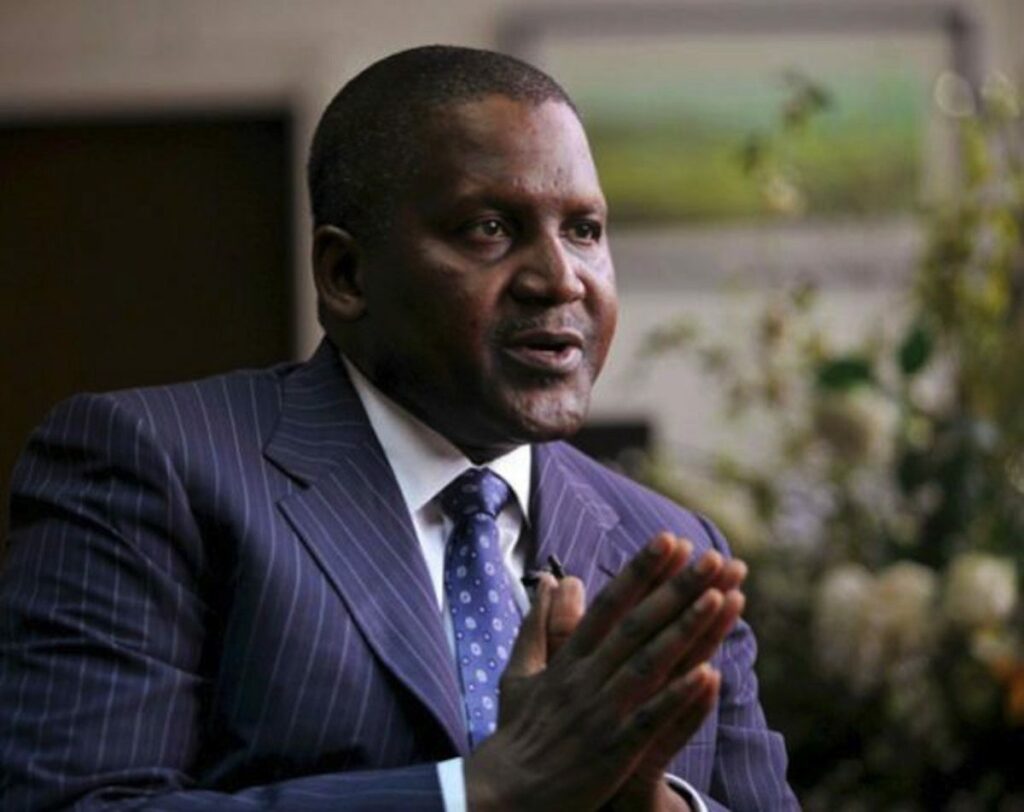- Aliko Dangote urged the Nigerian government to end fuel subsidies, citing unsustainable financial burdens and the need for market-driven pricing
- Dangote emphasized that removing subsidies is essential as Nigeria’s gasoline prices remain significantly lower than those in neighbouring countries
Aliko Dangote, the founder of Dangote Petroleum Refinery, has urged the federal government to end the fuel subsidy regime. In an interview with Bloomberg on Monday, Dangote argued that fuel subsidies are causing the government to pay more than necessary, making the current system unsustainable.
The business tycoon emphasized that President Bola Tinubu’s administration cannot continue to bear the financial burden of subsidizing petrol. He noted that although President Tinubu initially announced the end of fuel subsidies during his inauguration speech on May 29, 2023, the policy was briefly reinstated due to rising inflation.
In early September, another step toward phasing out the subsidy was taken by easing the cap on gasoline prices, although the cost remains below market value.
Dangote stated, “I believe this is the right time to remove the subsidy because most countries have already eliminated it. Our gasoline price is about 60 per cent of what neighbouring countries pay, and with porous borders, this is not sustainable. The government cannot afford the amount we currently pay in subsidies.”
His comments come shortly after the Dangote Refinery began distributing petrol, which led to prices rising to N950 per liter in Lagos and surrounding areas, and over N1,000 in the northern regions.
Dangote pointed out that domestic fuel production from his refinery would help reduce pressure on the naira. He revealed that he owns two oil blocks in the upstream sector, with production expected to begin next month.
“Subsidy is a very sensitive issue. When the government subsidizes something, people inflate the prices, leading to the government paying more than it should. This is the right time to remove the subsidy,” Dangote explained.
He added that the refinery would clarify Nigeria’s true fuel consumption, as discrepancies in current figures have made it difficult to ascertain accurate daily usage. “Some claim it’s 60 million liters daily, while others say it’s less. By producing locally, we can account for every liter. We plan to use trackers on trucks and ships to ensure the fuel is consumed within Nigeria, which could save the government a substantial amount of money,” he concluded.
